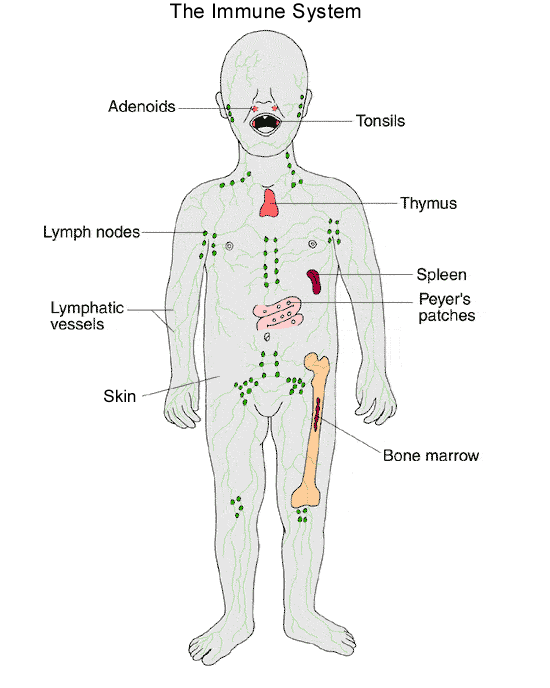Systemic lupus erythematosus, also known as SLE or simply lupus, is a disease that is characterized by periodic episodes of inflammation of and damage to the joints, tendons, other connective tissues, and organs, including the heart, lungs, blood vessels, brain, kidneys and skin. The heart, lungs, kidneys, and brain are the organs most affected. Lupus affects each individual differently and the effects of the illness range from mild to severe. Lupus can rarely be fatal.
The majority of people who have lupus are young women (late teens to 30s). This may be due to the fact that estrogen (a female hormone) seems to be associated with SLE. Lupus affects more African-Americans than Caucasians, Asian-Americans, Latinos, or Native-Americans in the United States. Lupus in children occurs most often at the age of ten and older. Lupus is rare in children younger than 5 years of age. The disease is known to have periods of flare-ups and periods of remission (partial or complete lack of symptoms). Children with lupus can have a large degree of kidney involvement. The severity of the kidney involvement can alter the survival rate of patients with lupus. In some cases, kidney damage is so severe it leads to kidney failure.




 The purpose of the immune system is to keep infectious microorganisms, such as certain bacteria, viruses, and fungi, out of the body and to destroy any infectious microorganisms that do invade the body. The immune system is made up of a complex and vital network of cells and organs that protect the body from infection.
The purpose of the immune system is to keep infectious microorganisms, such as certain bacteria, viruses, and fungi, out of the body and to destroy any infectious microorganisms that do invade the body. The immune system is made up of a complex and vital network of cells and organs that protect the body from infection.